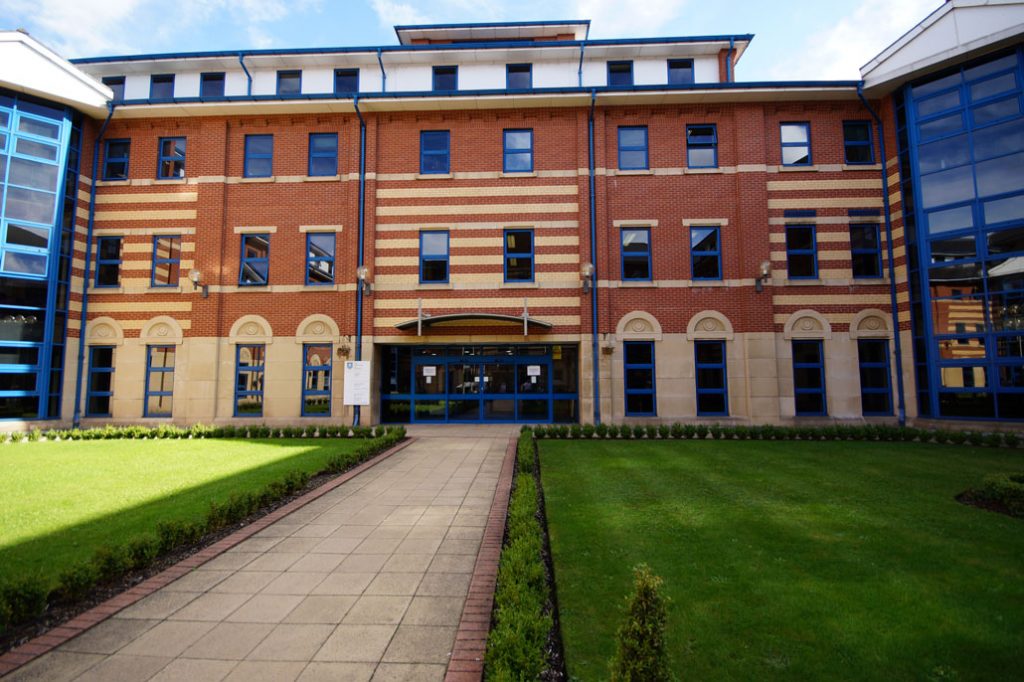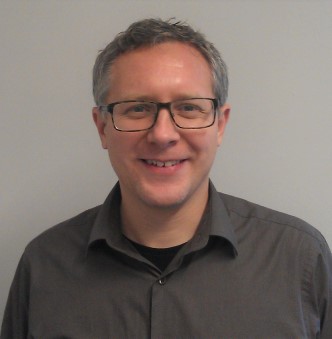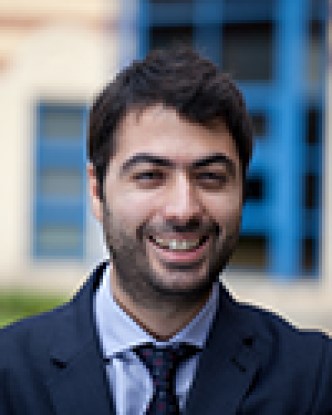
CANCELLED Researching work, employment, productivity and the impact of new technology
This training has been organised by and is for MA Social Research and PhD students from the Data, Communication and New Technologies (DCT) and the Sustainable growth, Management and Economic Productivity (SMP) Pathways.
This event will incorporate the presentation of three research projects followed by a panel discussion and round table with attending students.
Research presenters
Expanding Industry 4.0: Social science approaches to studies of technology change
There has been a growth in discussion connected to technological change and its broader economic and societal impacts. In this presentation, I will particularly focus on the concept of Industry 4.0 to unpack some of the ideas and assumptions connected to current visions of technological change.
Industry 4.0 examines paths of technological change linked to industrial production, and is often practically focused on manufacturing and engineering-led change. Examining Industry 4.0 from the perspective of social science allows us to broaden our understanding of these changes, linking to theories of innovation, social practices, development and sustainability transitions. This work then provides a foundational understanding and implication around technological change and society, as well as practical implications for those researching technology change in terms of mapping definitions, methods, and outcomes.
Technology foresight as negotiated order: dynamics of learning across social worlds in the Sheffield City Region
Building on Anselm Strauss’s theory of negotiated order, this talk conceptualises technology foresight as a negotiated order where actors originating in different social worlds interactively negotiate convergence and divergence to adopt and adapt new industrial technologies.
Technology foresight is a critical component in the development of industrial strategy. It offers a new lens to address the challenge of regional growth. It holds the potential to help regions identify, absorb and exploit a variety of technological innovations that can drive transformation in regions with a manufacturing specialism. Contextually, this talk focuses on the Sheffield City Region and its internationally recognised advanced manufacturing sector to investigate how firms, local enterprise partnerships, policy makers and innovation experts engage in a learning process geared to identify relevant emergent technologies, produce visions concerning their applicability (e.g. ability to generate product, processes or business innovations), and encourage exploitation and use in practice by firms.
Theoretically, we draw on the concepts of social worlds, boundary objects and negotiated order. This symbolic interactionist perspective provides rich analytical insight to understand technology foresight as learning and social practice that mobilises different stakeholders and entails the unfolding of varying organisational power dynamics. Our analysis sheds light on the tensions that emerge when stakeholders originating from different social worlds engage in the defence and negotiation of their positions, interests and values, and on how this choreography is associated with underlying values and commitments to action.
Working insecurely and unproductively: Exploring the paradox of intensified work
The paper addresses the paradox of the co-existence of evidence of significant rises in work intensification within British workplaces (Felstead et al. 2018) and the much-documented collapse of British productivity. The paper asks why, if workers are working harder, is this extra effort expenditure not revealed in official ONS productivity data? It seeks to explore these dynamics within the context of growing non-standard, insecure work following the 2008 crisis. A significant proportion of the new jobs created have taken the form of non-standard and sometimes informal work (e.g. zero hours contracts (ZHC), temporary work,
`bogus’ self-employment). There is virtually no extant research on the implications of non-standard work for productivity. Yet the former is an expanding and significant feature of contemporary working lives, as emphasised in the Taylor Report on Modern Working Practices (Taylor, 2017). There is some research on the fiscal implications of the growth of insecure work and self-employment (TUC, 2017), but the connections to growing levels of work intensification and the UK productivity puzzle, have not been investigated.
The empirical focus of the paper is on non-standard, insecure and non-compliant forms of working in three sectors that have grown since 2008. The evidence from three private sector industries (garment manufacture, distribution and warehousing and retail to illuminate (i) the nature of work organisation; (ii) the politics of production; and (iii) the politics and measurement of productivity. It will combine qualitative data collection with explicit consideration of the quantitative measurement issues associated with, for example, labour time hidden by non-compliant practices, wage theft, underpayment or `bogus’ self-employment.
Purpose of this training – what can students expect to gain?
The theme addresses a cross-cutting grand challenge that is key to both DCT and SMP research pathways. It includes experts from different inter-disciplinary areas: digitalization of production and its global distribution, the shifts and transformations in the politics of production, technology foresight and regional innovation network and the changing character of employment regulation.
These combined perspectives will provide an integrative view over the challenges introduced by new technologies in the work practices and productivity.
There are 25 places available at this training event
PLEASE NOTE: Students are responsible for arranging travel to and from these Pathway Specific Training sessions. The WRDTP cannot reimburse travel costs to these sessions.
Hourly Schedule
Programme
- 10.45am - 11.00am
- Arrival and coffee
- (iSpace)
- 11.00am - 11.35am
- Expanding industry 4.0: Social Science approaches to studies of technology change
- Dr Christopher Foster (RC204)
- 11.35am - 12.10pm
- Technology foresight as a negotiated order: dynamics of learning across social worlds in the Sheffield City Region
- Dr Jorge Martins (RC204)
- 12.10pm - 12.45pm
- Working insecurely and unproductively: Exploring the paradox of intensified work
- Professor Kirsty Newsome (RC204)
- 12:45pm - 1.15pm
- Lunch
- (iSpace)
- 1.15pm - 2.15pm
- Plenary discussion
- (iSpace)










